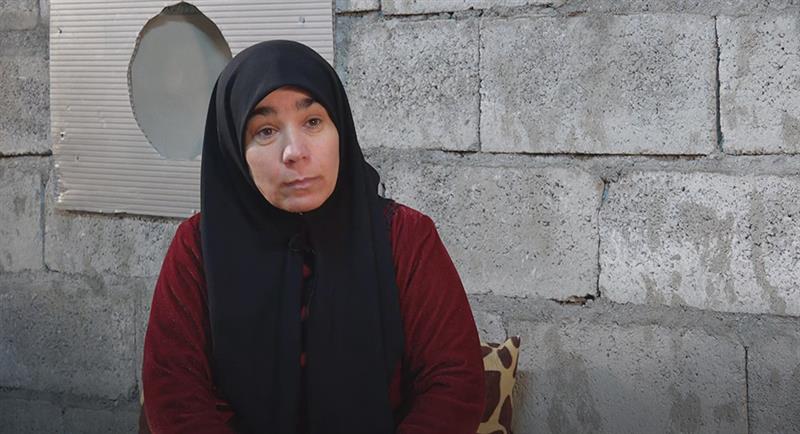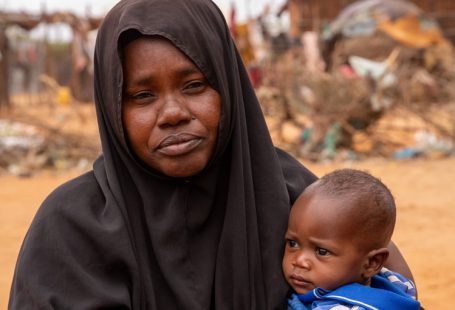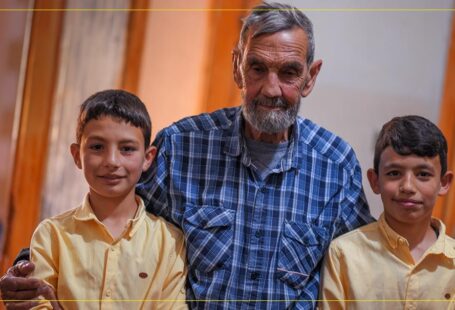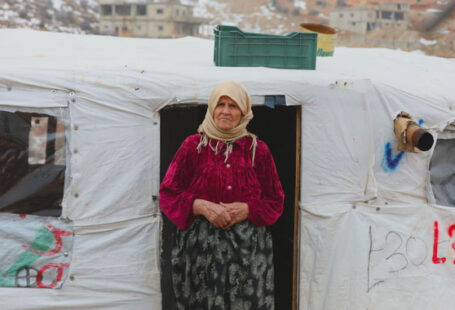Despite losing her father at a young age, 45-year-old Syrian refugee Salha Tammo looks back fondly on her life in Aleppo before the war, when she was debt-free and close to her brothers who provided for the family. Nowadays, though, her situation could not be more different. After being forced to flee her hometown, she has lived in a camp called Basirma in northern Iraq for nine years, where she is now the sole caregiver for her elderly mother (age 85) and daughter (age 17). This area of Iraq is known to get extremely chilly during winter, when water would often freeze in the pipes – leaving Salha and her family with no access to water for days. “We couldn’t get up from our beds and we didn’t have water to perform wudu [for prayer]”: she elaborated, also mentioning that once they are done praying, they rush back to bed to avoid further painful cold.
Despite having an electric heater, Salha’s family can only access three hours of free electricity per day. The rest of the time, they must turn on the gasoline heater to stay warm. This is especially important for her mother, who suffers from a stomach disease and asthma with no inhaler to treat it. In a recent disturbing episode, Salha recalls waking up at 3 a.m. to see her mother unable to breathe, with no neighbors awake enough to help even though their “screams reached the horizon”. These circumstances have caused Salha to live in a state of constant fear, to the point that, “some nights, I wish that I don’t live to the next day, so I don’t go through another round of suffering”.
UNHCR’s winter cash assistance of 480,000 Iraqi Dinar ($328) has been a source of optimism for Salha, who first used it to cover her mother’s medical treatment, buy gas, and settle some debts she borrowed in order to survive. The remainder was spent on fuel for the family’s heaters and blankets to keep them warm through the winter. Nonetheless, Salha still has to grapple with tough questions: “I wonder what I will face tomorrow. Every afternoon, I have to worry about the next day. What should I do? What should I provide? Who will be sick tomorrow, my daughter, or my mother?”.
Such is the precarious reality faced not only by Salha’s family, but thousands of other households in Syria, Lebanon, Jordan, Iraq, and Egypt during winter. As temperatures continue to drop and weather conditions become more extreme, the struggle to meet basic needs such as shelter heating, buying warm clothes, and cooking warm meals only escalates. Only with the generosity of our donors can UNHCR continue to distribute its winter cash assistance, which has proven to help these families make ends meet.











Social Profiles